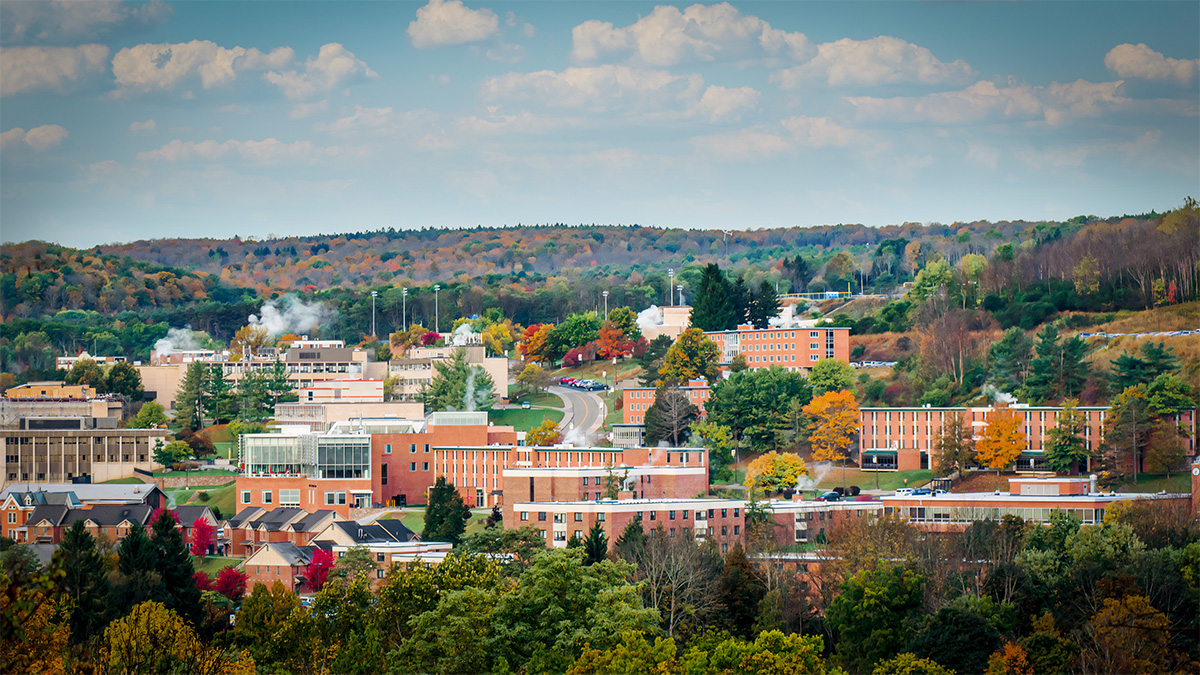
At a glance
“We are very pleased to see our community garden gain national recognition,” said Julian Dautremont-Smith, Alfred State’s chief sustainability officer. “The garden has generated a great deal of excitement on campus and in the community and is helping people connect more directly with their food production and consumption, a key for sustainability.”

Alfred State has been recognized by the National Wildlife Federation (NWF) for its leadership in sustainability. NWF has featured a detailed case study about Alfred State’s Community Garden in an online database of campus sustainability initiatives.
The NWF database contains more than one hundred new case studies of best practices that reduce pollution, waste, and costs, including recycling, energy efficiency improvements, renewable energy installations, and green jobs training programs. The database, which was made possible by the support of The Kendeda Fund, is accessible online at www.nwf.org/2012campuscasestudies.
The Alfred Community Garden provides hands-on education in sustainable agriculture to students, faculty, staff, and community members. The garden, along with the associated composting area and greenhouse, also offers multiple opportunities for service learning projects and civic engagement. It also enables local production of healthy and affordable foods, thereby contributing to community food security.
“We are very pleased to see our community garden gain national recognition,” said Julian Dautremont-Smith, Alfred State’s chief sustainability officer. “The garden has generated a great deal of excitement on campus and in the community and is helping people connect more directly with their food production and consumption, a key for sustainability.”
Published each year since 1989, NWF’s Campus Ecology sustainability case study database has become an indispensable resource for students, faculty, administrators, community leaders, and others interested in the role of colleges and universities in protecting the health of our planet. The database is searchable by topic, year, school, and state and includes information on each institution’s project goals, successes, challenges, funding strategies, and project leaders.
“This resource helps colleges and universities learn how campuses are tackling their energy and water consumption challenges, and about their strategies to protect and restore green space. The database also gives campuses an opportunity to share their successes nationwide while receiving recognition for their commitment and hard work,” says Kristy Jones, Sr. Manager of Campus Ecology Programs, National Wildlife Federation.
NWF’s Campus Ecology program works with several hundred campuses nationwide each year on efforts to advance student leadership, reduce carbon pollution, and support career education.
